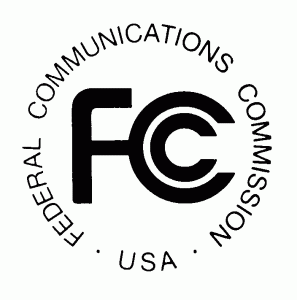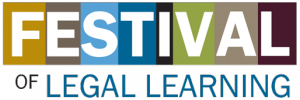 From Morgan Schick, a second-year law student at the UNC School of Law, who interned at the Federal Communications Commission and received one of the Center’s Summer Grants:
From Morgan Schick, a second-year law student at the UNC School of Law, who interned at the Federal Communications Commission and received one of the Center’s Summer Grants:
Last summer, I interned for the Pricing Policy Division of the Federal Communications Commission in Washington, D.C. The FCC regulates communications by telephone, radio, television, wire, satellite, and cable. Specifically, the Pricing Policy Division is within the Wireline Competition Bureau, and is responsible for regulating the rates charged by telecommunications carriers to ensure that all Americans have access to robust, affordable broadband and voice services.
This internship provided an excellent opportunity to learn about telecommunications and antitrust policy, while experiencing the administrative process firsthand. I spent much of my time researching and drafting memoranda about the separations of jurisdiction between state and federal pricing regulation. This presented an interesting issue, as regulation at the state level is often impractical due to the interstate nature of these services.
In addition, I reviewed and analyzed industry comments on several Notices of Proposed Rulemaking regarding issues such as Voice-over Internet Protocol (VoIP), and Inmate Calling Services, or the telephone rates charged at prisons and jails. This presented a unique antitrust issue, as these facilities face no competition, allowing unchecked carriers to charge exorbitant prices to inmates calling their families.
The FCC has a robust intern program. Last summer, over 60 law students interned throughout the Commission’s various bureaus and the Office of General Counsel. Each week, interns were invited to attend a brown-bag lunch with panel discussions of lawyers from various positions—including Chairman Ajit Pai. The FCC facilitated several networking happy hours throughout the summer, and took us to a Nationals game and a tour of the Capitol. In addition, every intern was assigned a in a mentor to help us navigate the world of communications law.
The individuals I worked with at FCC were incredibly smart, and truly cared about helping interns develop professionally. I made invaluable connections with lawyers throughout the industry last summer, including one which led to my internship this coming summer. In addition, I felt as though the work I did was highly substantive, and prepared me for any sort of career in administrative law. I greatly enjoyed my time at FCC, and highly recommend students interested in media, communications, or antitrust law to apply.

 One of the biggest annual events at the UNC School of Law is the
One of the biggest annual events at the UNC School of Law is the 
